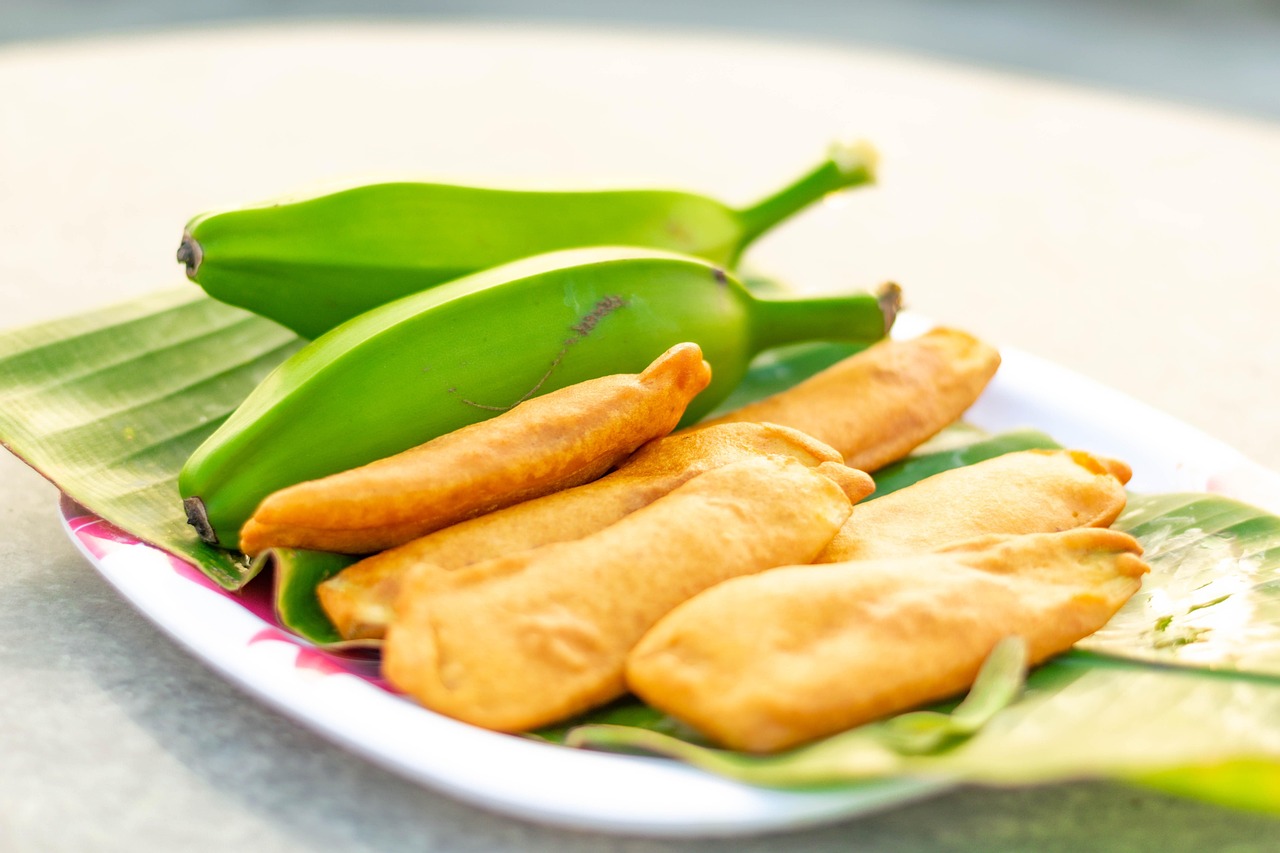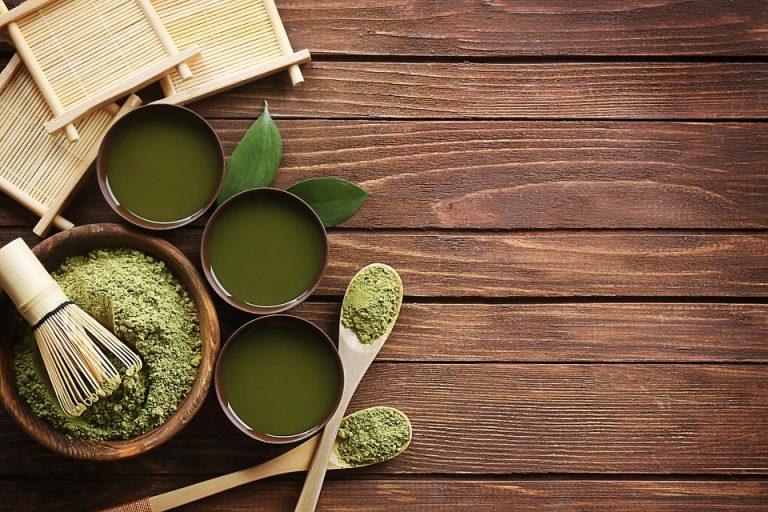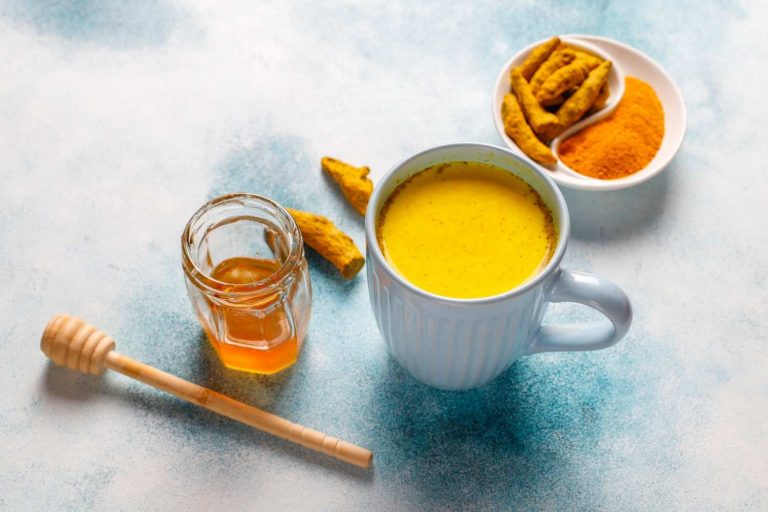5 Energizing Foods to Boost Your Muscle Power Naturally
When it comes to building muscle and enhancing athletic performance, many of us tend to gravitate toward protein shakes, supplements, and energy bars. But what if I told you that some of the most effective muscle-boosting foods are actually found in your kitchen? Let’s dive into five energizing foods that can help power your muscles naturally, without the need for fancy supplements.
Contents
1. Quinoa: The Complete Protein
Quinoa is often touted as a superfood, and for good reason. This grain-like seed is a complete protein, meaning it contains all nine essential amino acids that our bodies can’t produce on their own. This makes it especially beneficial for muscle repair and growth.
Why Quinoa?
- High in Protein: One cup of cooked quinoa contains about 8 grams of protein.
- Rich in Nutrients: It’s packed with magnesium, iron, and B vitamins, all of which play crucial roles in energy production and muscle function.
- Versatile: Quinoa can be used in salads, bowls, or as a side dish, making it easy to incorporate into any meal.
A Word of Caution
While quinoa is a fantastic source of nutrition, it’s also high in calories. If you’re watching your caloric intake, be mindful of portion sizes.
2. Sweet Potatoes: The Energy Booster
Sweet potatoes are not just a delicious side dish; they’re a powerhouse of nutrients that can provide you with sustained energy for workouts. Their complex carbohydrates are digested slowly, making them an excellent fuel source for muscle power.
Why Sweet Potatoes?
- Rich in Carbohydrates: A medium sweet potato has about 26 grams of carbohydrates, which helps replenish glycogen stores after exercise.
- Packed with Vitamins: They are high in vitamin A, which is important for immune function and overall health.
- Anti-Inflammatory Properties: The antioxidants in sweet potatoes can help reduce exercise-induced muscle inflammation.
Keep in Mind
If you’re not used to eating high-carb foods, start with small portions to see how your body reacts, especially around workout times.
3. Greek Yogurt: The Protein Powerhouse
Greek yogurt is a favorite among fitness enthusiasts, and it’s easy to see why. With its thick, creamy texture and high protein content, it makes an ideal post-workout snack.
Why Greek Yogurt?
- High in Protein: A typical serving contains about 20 grams of protein, which is essential for muscle recovery.
- Probiotics: These beneficial bacteria can improve gut health, leading to better nutrient absorption.
- Versatile: It can be consumed on its own, mixed with fruits, or used in smoothies.
A Note of Caution
Some brands of Greek yogurt can be high in added sugars. Always check the label and opt for plain varieties whenever possible.
4. Spinach: The Iron Giant
You might remember Popeye downing cans of spinach for a quick muscle boost, and there’s some truth to that. Spinach is rich in iron, which is crucial for oxygen transport in the blood—essential for endurance and muscle performance.
Why Spinach?
- Iron Content: Spinach is a non-heme iron source, which is vital for energy levels and muscle function.
- High in Antioxidants: These can help reduce oxidative stress after intense workouts.
- Low in Calories: It’s an excellent option if you’re looking to bulk up without excess calories.
Considerations
Iron from plant sources is not as easily absorbed as from animal sources, so pairing spinach with vitamin C-rich foods (like citrus) can enhance absorption.
5. Bananas: The Instant Energy Snack
Bananas are often referred to as nature’s energy bar, and they’re a go-to for many athletes. They’re rich in carbohydrates and potassium, making them an excellent choice for pre- or post-workout fuel.
Why Bananas?
- Quick Energy Source: They provide fast-digesting carbs, perfect for a quick energy boost before a workout.
- Potassium-Rich: This mineral is essential for muscle contractions and helps prevent cramping.
- Convenient: Bananas are portable and require no preparation, making them an easy snack option.
A Quick Reminder
While bananas are beneficial, moderation is key. Too many can lead to excess sugar intake, especially if you’re watching your carbohydrate consumption.
Conclusion: Nourishing Your Muscle Power
Incorporating these energizing foods into your diet can not only enhance your muscle power but also contribute to overall health. Whether you’re an athlete or just someone looking to stay fit, focusing on whole, nutrient-dense foods can make a significant difference in your performance and energy levels.
FAQs
1. How should I incorporate these foods into my diet?
Mix these foods into your meals throughout the week. For example, have quinoa in salads, sweet potatoes as a side, Greek yogurt with fruit for breakfast, spinach in smoothies, and bananas for snacks.
2. Can I rely solely on these foods for muscle gain?
While these foods are great for muscle power, it’s essential to maintain a balanced diet that includes a variety of protein sources, healthy fats, and carbohydrates.
3. Are there any foods I should avoid for muscle building?
Highly processed foods, excessive sugar, and unhealthy fats can hinder muscle growth and recovery. Focus on whole foods for the best results.
4. How much of these foods should I eat?
Portion sizes depend on your individual energy needs, workout intensity, and overall goals. Generally, aim for a balanced plate with a good source of protein, complex carbs, and healthy fats.
This article is for educational purposes only and is not a substitute for professional medical advice. Always consult a qualified healthcare provider before making changes to your health routine.
References
-
Rhyner, K., & Reiser, S. (2020). Nutritional Benefits of Quinoa: A Review. Journal of Food Science, 85(3), 678-684. https://doi.org/10.1111/1750-3841.15093
-
Mendez, J. (2019). Sweet Potatoes: Nutrition and Health Benefits. Harvard Health Publishing. https://www.health.harvard.edu/blog/sweet-potatoes-nutrition-and-health-benefits-2019092417627
-
O’Connor, P. (2021). The Role of Protein in Muscle Recovery: A Review. Cleveland Clinic Journal of Medicine, 88(1), 45-52. https://www.ccjm.org/content/88/1/45
Get Your FREE Natural Health Guide!
Subscribe now and receive our exclusive ebook packed with natural health tips, practical wellness advice, and easy lifestyle changes, delivered straight to your inbox.





